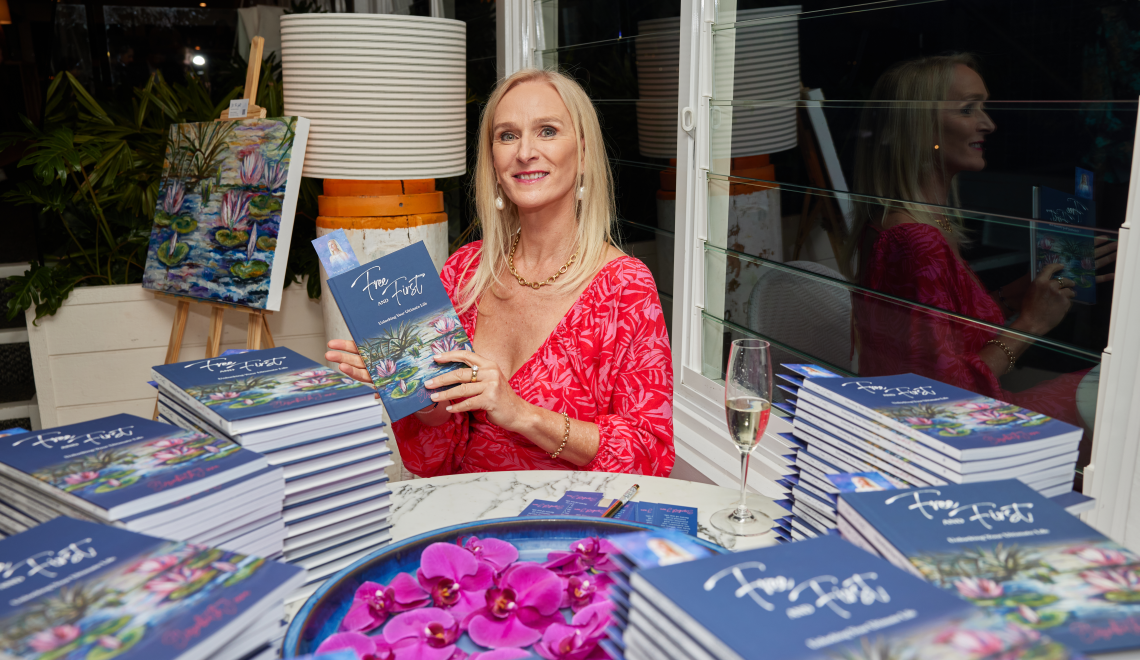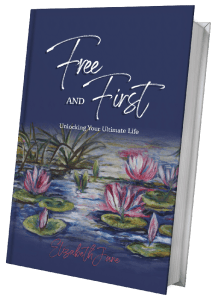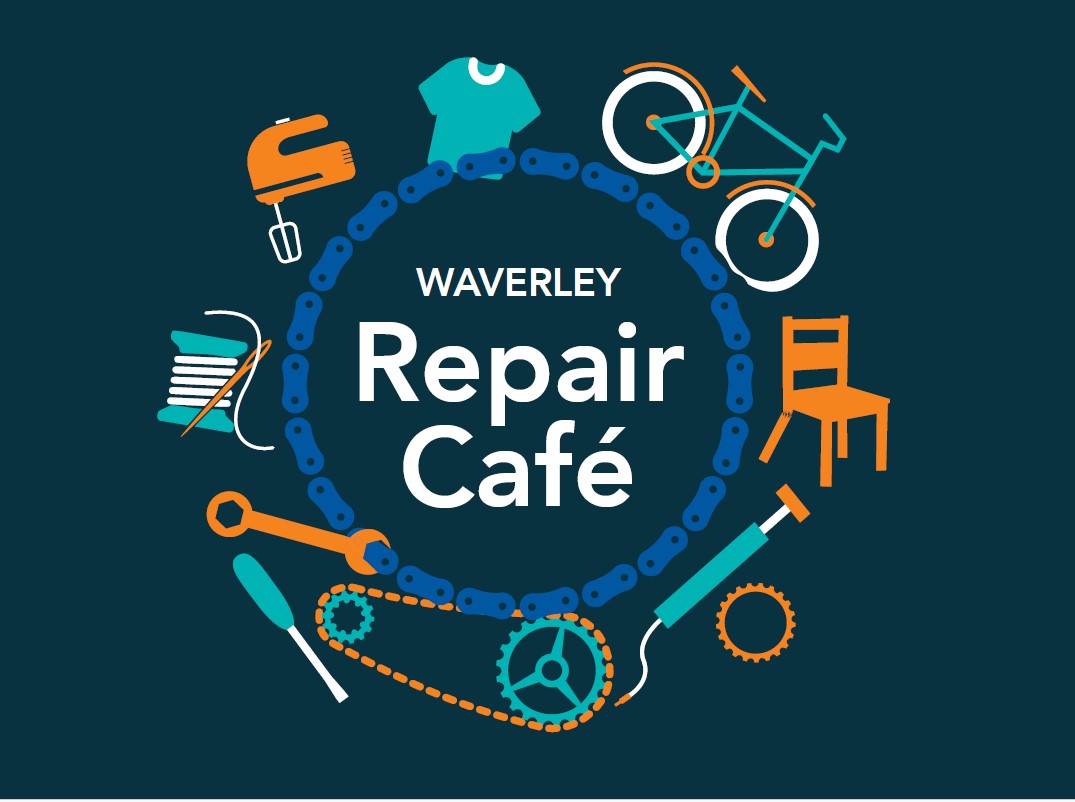
Moving on from divorce: meeting new people
When people talk about the impact of divorce, they often talk about what’s happening in the breakdown of the nuclear family; however, the impact of the end of a marriage is more far reaching. Some families may have to relocate or change jobs or both. For example, a mum may choose to be closer to her own parents to get help with childcare support. When these things happen, newly divorced people are at risk of feeling isolated. It’s a good idea to invest time where possible in building new supportive social networks. This experience can be fun for some who don’t mind change however for a lot of people making new friends can be a daunting experience.
Author, artist and mindfulness keynote speaker, Elizabeth Jane, has experienced the pain of divorce and has now dedicated her life towards helping others heal from trauma and move on and find success in life.
Jane is a highly respected self-help expert who has navigated the self-improvement path with great success. Her best-selling book, ‘Free and First – Unlocking Your Ultimate Life’, available on Amazon, is a part memoir, part self-help book that guides readers to process things that they may be struggling with and helps them break free of these constraints, so that they can look forward to a future without the weight of the past.
“As a society we often link success to financial success but there are other areas that we should be successful in, one of these is having a solid social network of supportive friends and family to help us get through life’s challenges. If you’re going through a divorce now or have recently been through one, here are some suggestions on how to start re-sorting and rebuilding these networks,” Jane said.
- Maintain strong connections with the right people, remove negative connections with the wrong people
“It’s a good idea to make an inventory list of all your social connections and decide which relationships you want to maintain and which to sever ties with. Seek out your close, supportive friends and family as they’ll be your vital social network in hard times,” Jane said.
“Divorce irrevocably changes relationships and you may have to make some changes. Try to make changes that are beneficial for you and your children. If there are no children, it might make things easier to handle the relationship with your former in-laws. However, if you do have children who love their grandparents, you may choose to maintain a cordial and respectful distance while maintaining the relationship.
“You can also tap into some of your under-utilised existing relationships, particularly your workmates. It’s more than likely that you’ve made a friend or two through your workplace, so it isn’t that much of a reach to extend that relationship a bit further.”
- Build new networks
“You might have no idea where to start, but there are actually so many ways you can meet new people. Having something in common helps you to break the ice, so think about trying a new hobby or joining a local club. If you are at home with young children you can also choose to look into the social groups in your area, such as a parenting group or playgroup. It may be as simple as walking your dog to get to know your new neighbours,” Jane said.
“Or else, pick up a course and give adult education a go. What have you always wanted to try? Pottery? Dance? Karate? Once you open your eyes to the number of groups in your community, you’ll be astounded by how much you were missing and perhaps didn’t even know existed!”
- Initiate conversation and maintain new networks
“It can be daunting to initiate a conversation with another adult. However, through parenting or community groups or adult education classes or sports clubs, you’ll find yourself in regular contact with the same group of people. As you get more comfortable with each other, conversations will naturally start to flow about your common interest. You’ll find yourself making connections and new friendships in no time,” Jane said.
“Remember that not everyone you will meet will be compatible as your friend and that’s totally ok. See this as an opportunity to seek out new connections with people that support and uplift you.”
- Be intentional about staying connected
“It’s all very well to put yourself out there and make a new friend or two, but we also need to be intentional about staying connected. Anyone can plant a seed and give it a water. But the plant won’t grow unless you water it often and nurture it,” Jane continued.
“We live in a fast-paced world and our social networks can be the first to suffer when we are time poor. Especially if house or job relocation has occurred as a result of the divorce, it’s important to nurture yourself and your new friendships. It’s truly worth the effort to stay connected rather than isolating yourself.”
Making new friends as an adult doesn’t have to be difficult
“When we were kids, it seemed so easy to make new friends, that’s because school provided us with plenty of social opportunities, and if we had extra curriculars and sport, we had even more chances to grow friendships with other kids outside a school setting. As adults, we’re busier with more responsibilities,” Jane said.
“Rather than thinking that making new friends is a daunting experience perhaps think of it as an opportunity to weed out the toxic relationships and to bring in fresh, exciting and supportive people with whom you share interests that matter to you. Your new connections can open up a whole new brighter world. Making new friends does not have to be difficult – choose to have fun doing it. Finding your tribe to share interests can greatly assist with lowering anxiety and stress levels and feelings of isolation, leading to a better, more fulfilled life.”
Five gifts divorce gave me
“Although divorce can be a traumatic and fearful time, it can be helpful to look at the positive things that divorce may have given you. Dr Gabrielle Morrissey talks about five gifts which I can relate to:
- Peace – especially where there has been a lot of conflict involving physical, emotional or financial abuse.
- Financial freedom – although many women are financially worse off they can now make their own decisions whether to invest, spend or splurge. This is especially so for women who have been financially abused during the marriage.
- Time with girlfriends – especially those women who have been isolated from them. Girlfriends can bring fun times back and be a great support.
- Choice – can do things your own way and don’t have to compromise. It can be liberating to meet your own needs and make choices for your family and home by yourself.
- Gift of finding self – of course not everyone needs to divorce to find themselves. For me personally, divorce allowed me to rediscover myself as I had become lost in my roles as mother to four children and as a wife over a 25-year marriage. I chose to put the fear and uncertainty of this transitional period aside and worked at getting my confidence back by focusing on what brought me joy.
In Gabrielle’s words, “there is a peaceful, productive, amazing chapter waiting for you.”
About Elizabeth Jane
Elizabeth Jane is an Australian artist, author and public speaker. She uses a selection of painting media in her art, including acrylic oil and water colour. Digital and canvas versions of her art are available for purchase through her website. Jane’s debut book, ‘Free and First—Unlocking Your Ultimate Life’, was written as part of her healing process following her divorce, which ended a 25-year marriage. Jane aims to develop wellness centres and healing sanctuaries focused on helping people to recover from relationship breakdowns and other life issues.









